Mandatory Human Rights Reporting
The number of companies worldwide subject to some form of human rights reporting is increasing as states mandate corporate reporting on non-financial issues.
Logos Senior Fellow Anthony Ewing surveys corporate human rights reporting requirements worldwide in a chapter he contributed to Business and Human Rights: From Principles to Practice, an interdisciplinary textbook published this month by Routledge.
Ewing surveys current forms of mandatory reporting – financial, non-financial and human rights – that require companies to address their human rights policies, due diligence and impacts. The chapter highlights reporting requirements in India, Denmark, the United Kingdom (Modern Slavery Act), the European Union (Directive on Non-Financial Reporting), China and the United States (conflict minerals disclosure, California Transparency in Supply Chains Act, responsible investment in Myanmar).
At this point, according to Ewing, the objective of most mandatory reporting is information disclosure: regulations address whether companies should report on their human rights policies, not necessarily how. Current reporting requirements do not prescribe or evaluate what companies are actually doing about human rights impacts connected to their operations. Future disclosure regulations, however, may be more narrowly tailored to prescribe human rights due diligence as well as what companies must do to act on what they learn. He concludes that
“while mandatory human rights reporting has the potential to shape corporate behavior, is raising expectations of greater corporate transparency, and is beginning to produce information about corporate human rights policies and due diligence, . . . legally mandated reporting to date is not yet aimed squarely at preventing the adverse human rights impacts of corporate activities.”
Edited by Dorothée Baumann-Pauly (NYU Stern Center for Business and Human Rights) and Justine Nolan (Faculty of Law, University of New South Wales), Business and Human Rights: From Principles to Practice provides an overview of this rapidly growing area of teaching and research with contributions from more than thirty experts. The textbook outlines the business and human rights movement, explores the legal framework for business and human rights, highlights the practical implementation challenges and standard-setting frameworks in different industries and discusses the future of the business and human rights field.
Anthony’s corporate responsibility practice at Logos helps companies to engage stakeholders, conduct due diligence, and implement policies and programs that effectively manage the risk of adverse human rights impacts. He has taught corporate responsibility at Columbia University since 2001 and is a member of the United Nations Global Compact Human Rights and Labour Working Group.
For more information about our work in this area, please contact Anthony Ewing at: [email protected].

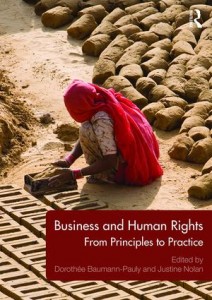
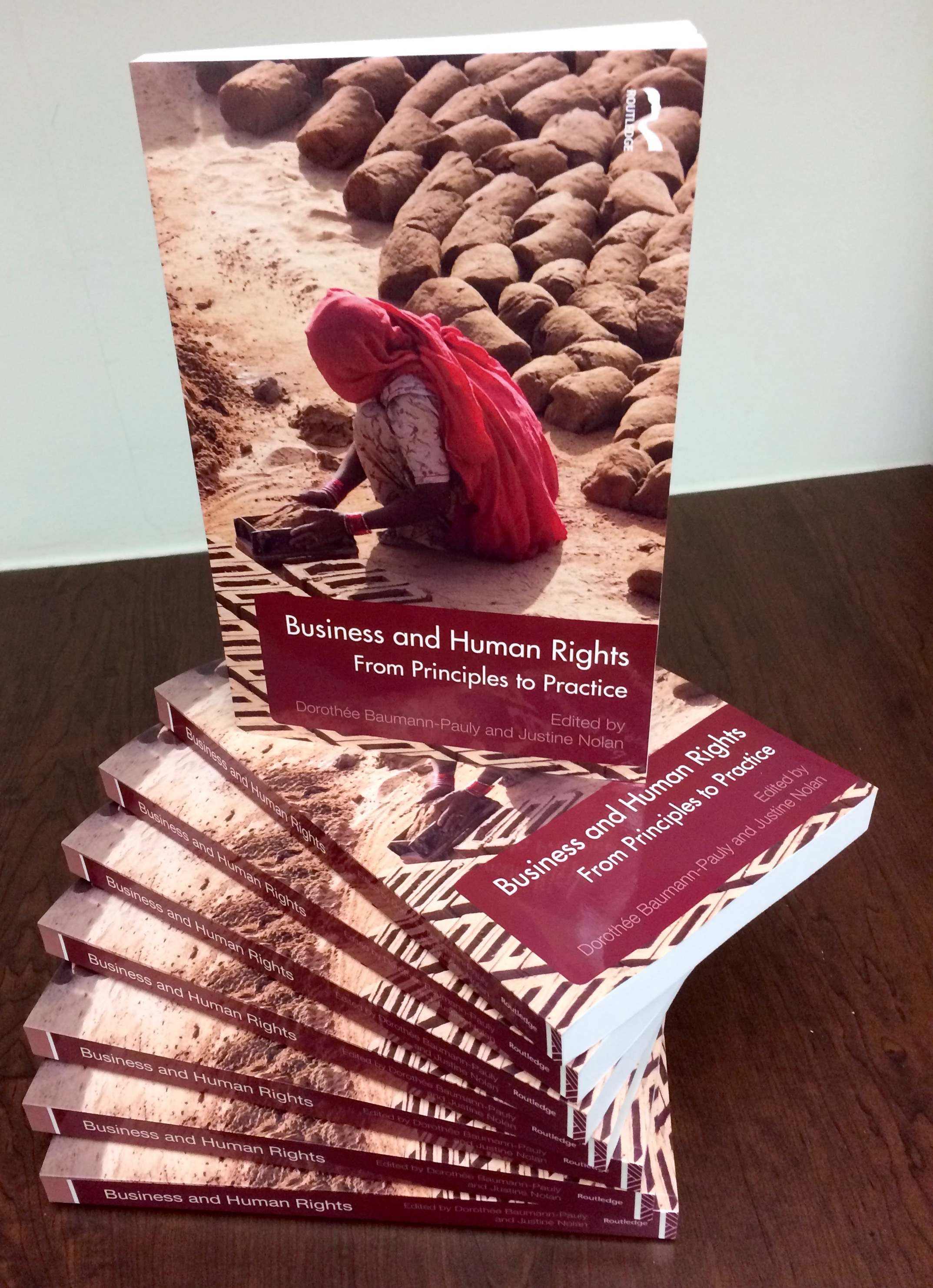
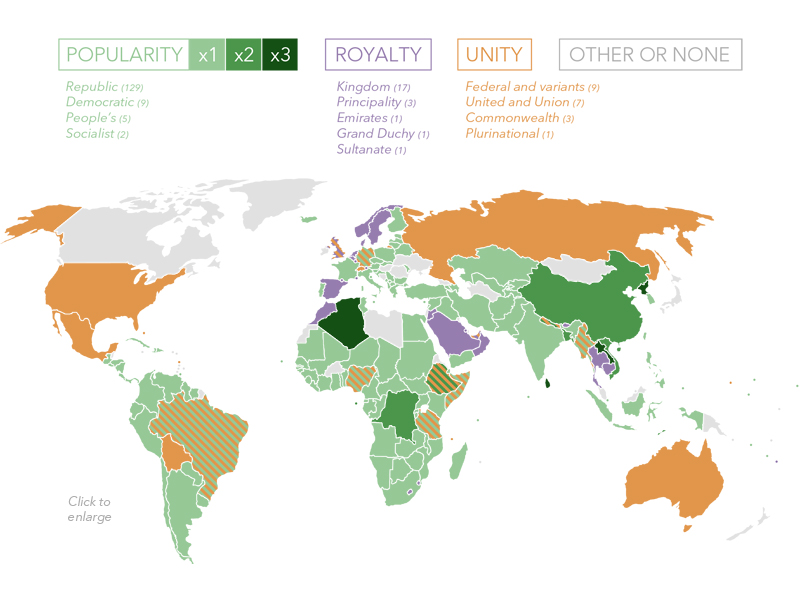
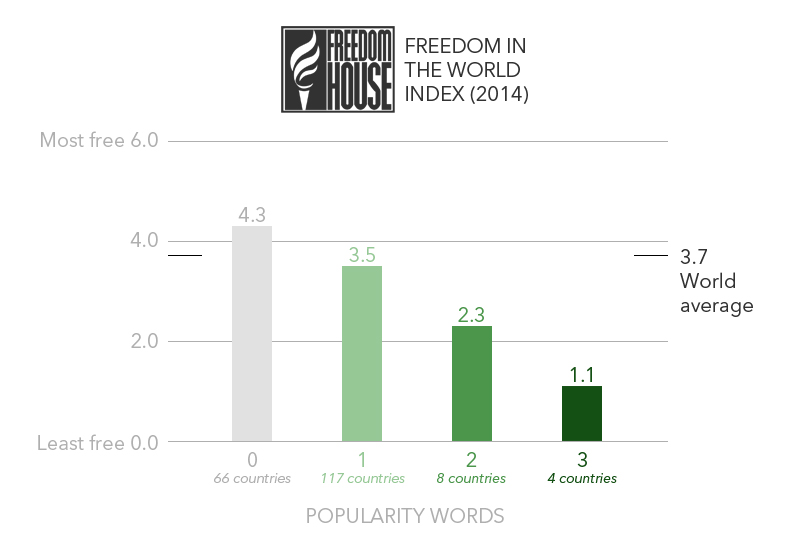


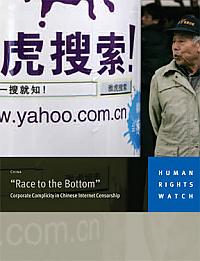
 Human rights trump doing business. . . . Internet companies must learn when not to hide behind the notion that we are corporations so it is our number one obligation just to do business. It isn’t our number one obligation. Our number one obligation is to be good world citizens.
Human rights trump doing business. . . . Internet companies must learn when not to hide behind the notion that we are corporations so it is our number one obligation just to do business. It isn’t our number one obligation. Our number one obligation is to be good world citizens. 

 Harvard professor
Harvard professor  Current issues in the sourcing world were the focus of Intertek’s
Current issues in the sourcing world were the focus of Intertek’s